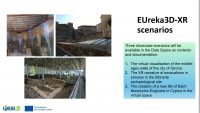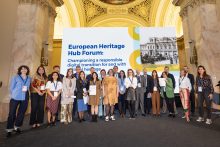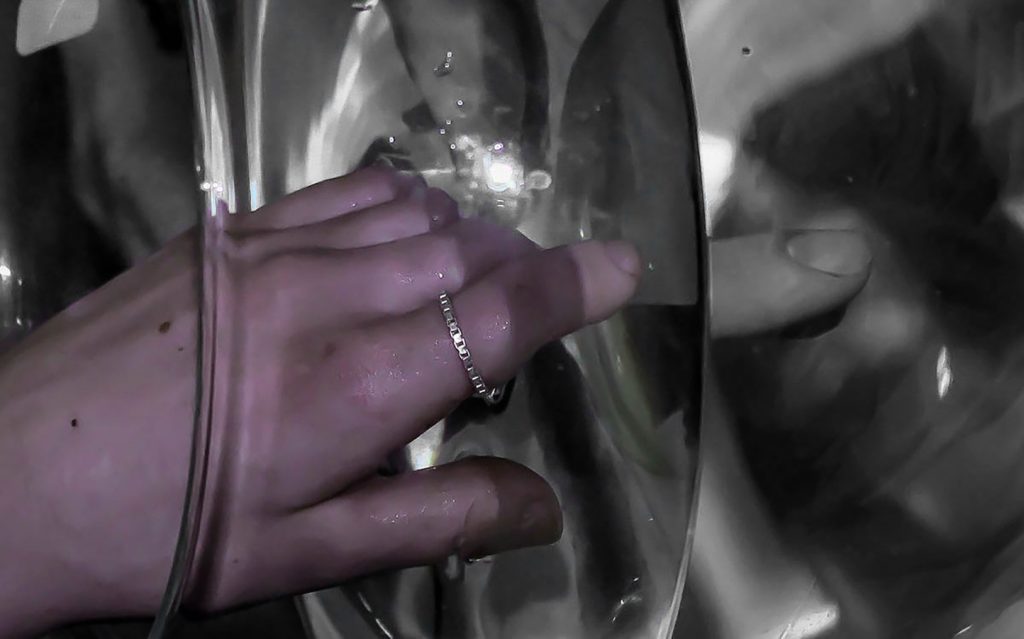
Carina Erdmann, we have become used to magic, 2020.
The series of online workshops conjures synergies between the fields of performance, LARP, game design and media theory. The common inquiry will be the phenomenon of ‘bleed’, wherein the boundaries between fiction and reality, the virtual and physical world dissolve.
The symposium is hosted by the Inter-Actions department of LUCA school of Arts and links to their research on the hybridization of online gaming and performance. What can games teach us about the ways we construct worlds collectively?
We invite you to partake in a series of playful experiments around digital presence, embodiment and relationality. Reflecting on the psychological, social and political implications of distance we will explore virtual commoning practices and ‘conspiratorial bleed’.
Full program: https://0ct0p0s.net/Symposium-Blend-Bleed
Download the announcement with all details: PDF, 165 Kb
All sessions are free and open for participation. Places are limited.
REGISTRATION: https://luca-artoffice.be/project/29604
Get in touch: contact @ 0ct0p0s.net
Facebook: https://fb.me/e/1WZ0lisfz
https://www.luca-arts.be/en/blend-bleed#programme


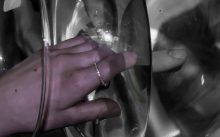


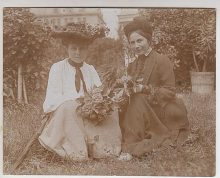
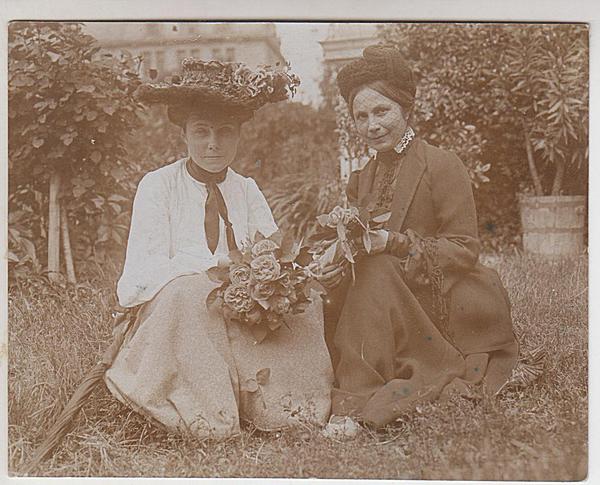
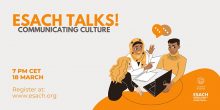
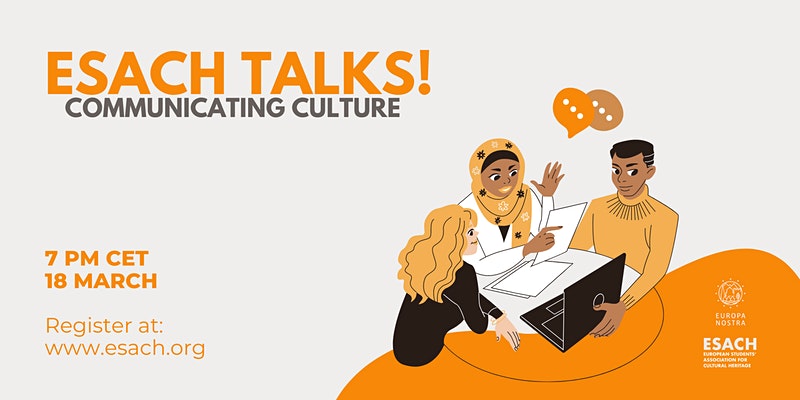 The sixth ESACH Talk, will be centered on communicating culture, with focus on innovative perspectives on the following topics:
The sixth ESACH Talk, will be centered on communicating culture, with focus on innovative perspectives on the following topics:
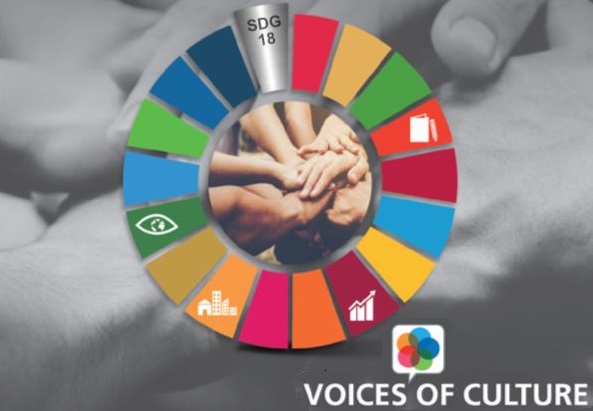 The report “Culture and the United Nations Sustainable Development Goals: Challenges and Opportunities” is the result of Brainstorming Meetings organized to allow the debate between the European Commission and the cultural sector, represented by a group of experienced professionals in Europe.
The report “Culture and the United Nations Sustainable Development Goals: Challenges and Opportunities” is the result of Brainstorming Meetings organized to allow the debate between the European Commission and the cultural sector, represented by a group of experienced professionals in Europe.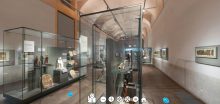
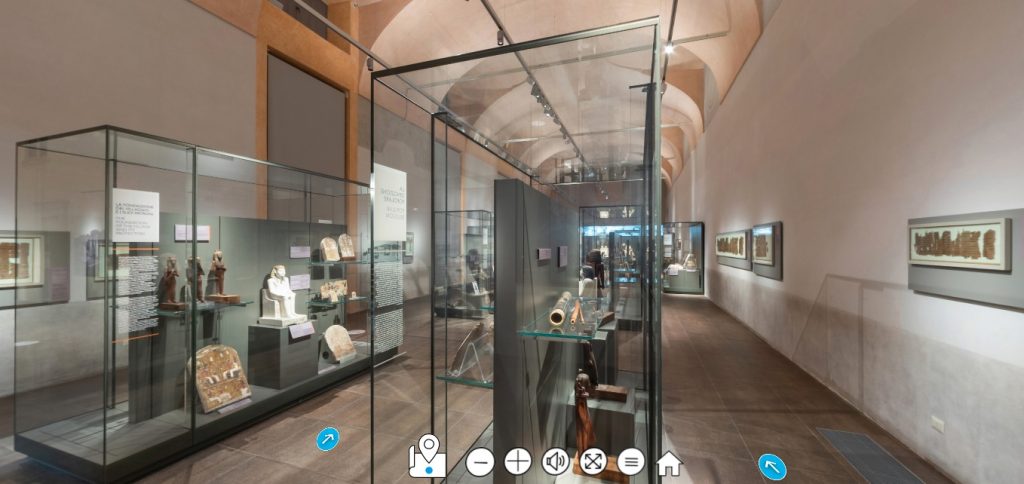
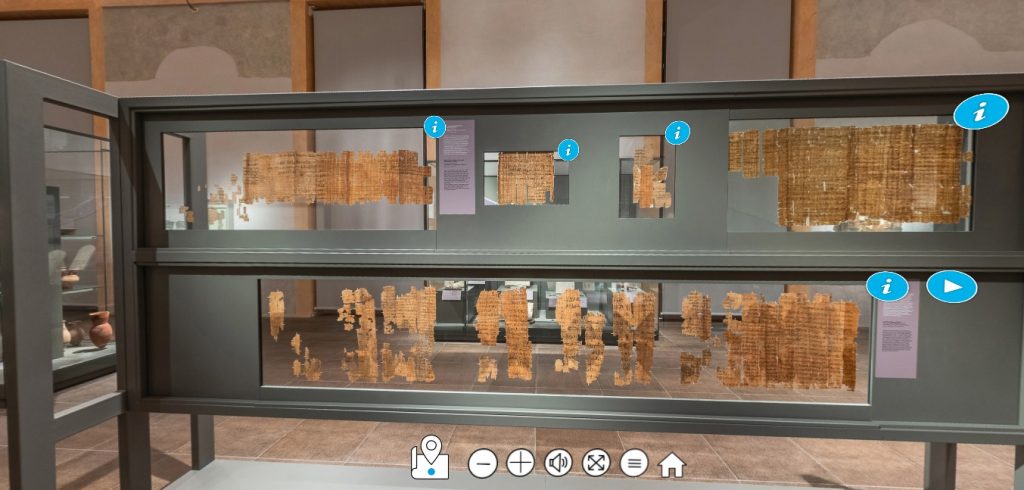
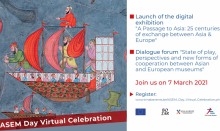
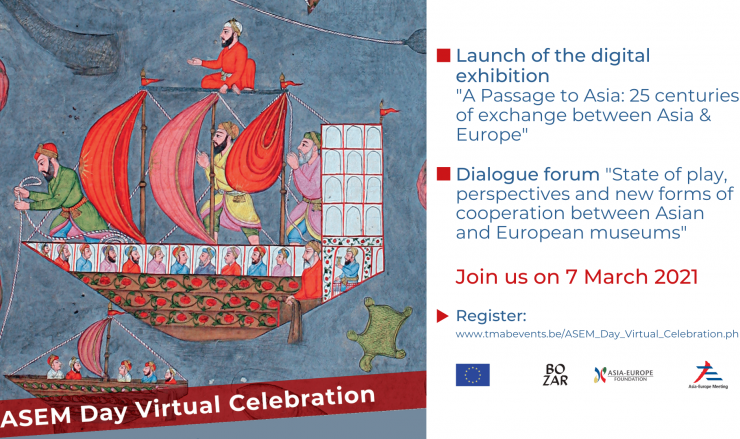 The Asia-Europe Meeting (ASEM) is an intergovernmental process established in 1996 to foster dialogue and cooperation between Asia and Europe. The initial ASEM Partnership consisted of 15 EU Member States, 7 ASEAN Member States, China, Japan, Korea and the European Commission. Today, ASEM comprises 53 Partners: 30 European and 21 Asian countries, the European Union and the ASEAN Secretariat. ASEM addresses political, economic, financial, social, cultural, and educational issues of common interest in a spirit of mutual respect and equal partnership. Through its informal process ASEM facilitates and stimulates progress but does not seek to duplicate bilateral and other multilateral relationships between Asia and Europe.
The Asia-Europe Meeting (ASEM) is an intergovernmental process established in 1996 to foster dialogue and cooperation between Asia and Europe. The initial ASEM Partnership consisted of 15 EU Member States, 7 ASEAN Member States, China, Japan, Korea and the European Commission. Today, ASEM comprises 53 Partners: 30 European and 21 Asian countries, the European Union and the ASEAN Secretariat. ASEM addresses political, economic, financial, social, cultural, and educational issues of common interest in a spirit of mutual respect and equal partnership. Through its informal process ASEM facilitates and stimulates progress but does not seek to duplicate bilateral and other multilateral relationships between Asia and Europe.
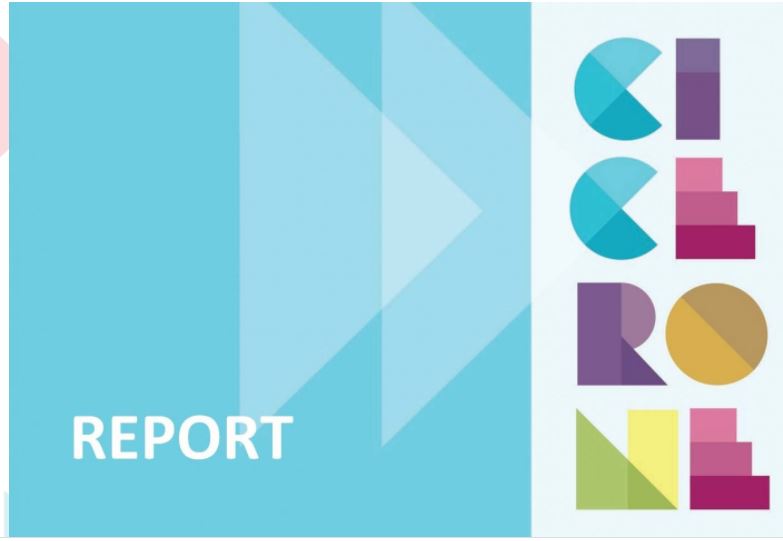 CICERONE (Creative Industries Cultural Economy Production Network, Grant No.: 822778) is a H2020 funded interdisciplinary research project focusing on Europe’s cultural and creative industries (CCI). The research team consists of sociologists, human, cultural and economic geographers, cultural study specialists, economist and historians, all of which bringing in extensive expertise on the cultural and creative industries.
CICERONE (Creative Industries Cultural Economy Production Network, Grant No.: 822778) is a H2020 funded interdisciplinary research project focusing on Europe’s cultural and creative industries (CCI). The research team consists of sociologists, human, cultural and economic geographers, cultural study specialists, economist and historians, all of which bringing in extensive expertise on the cultural and creative industries.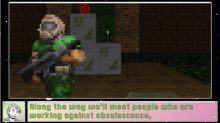
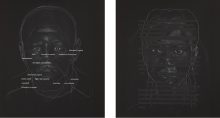
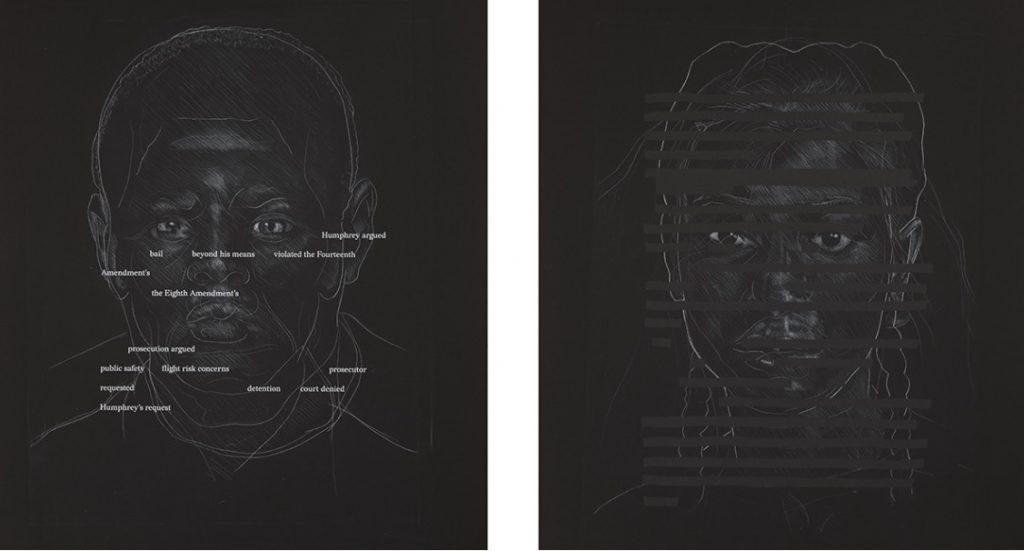
 If you have interesting news and events to point out in the field of digital cultural heritage, we are waiting for your contribution.
If you have interesting news and events to point out in the field of digital cultural heritage, we are waiting for your contribution.





























